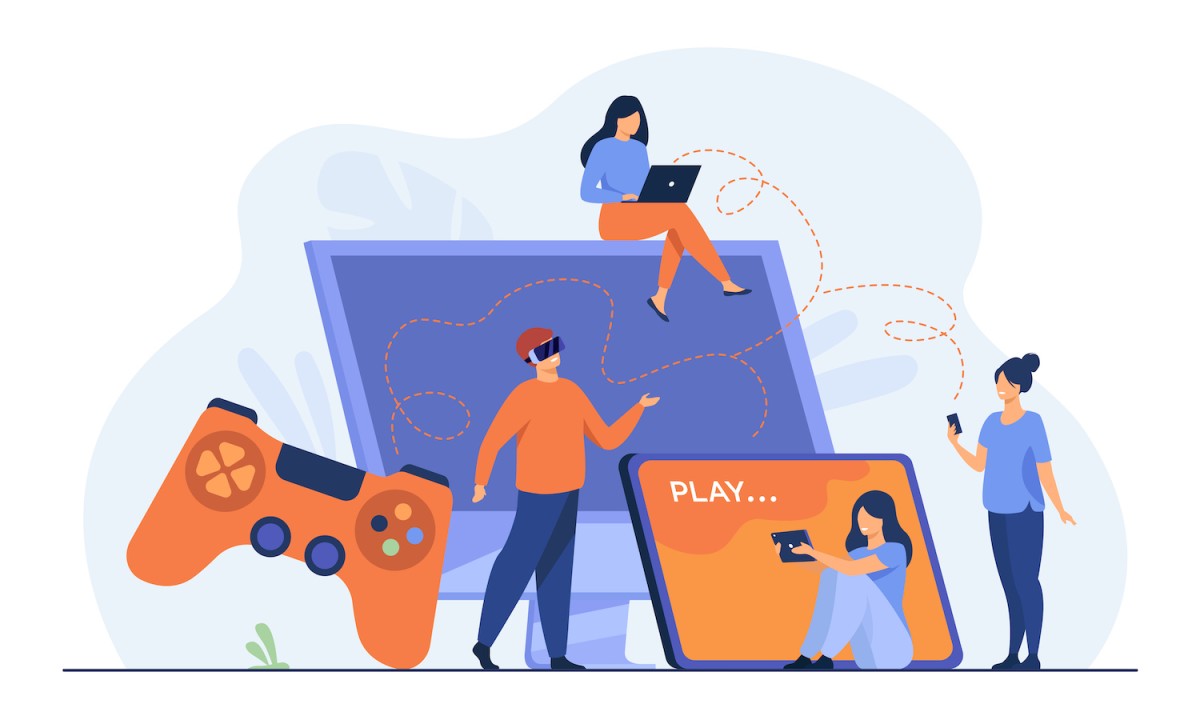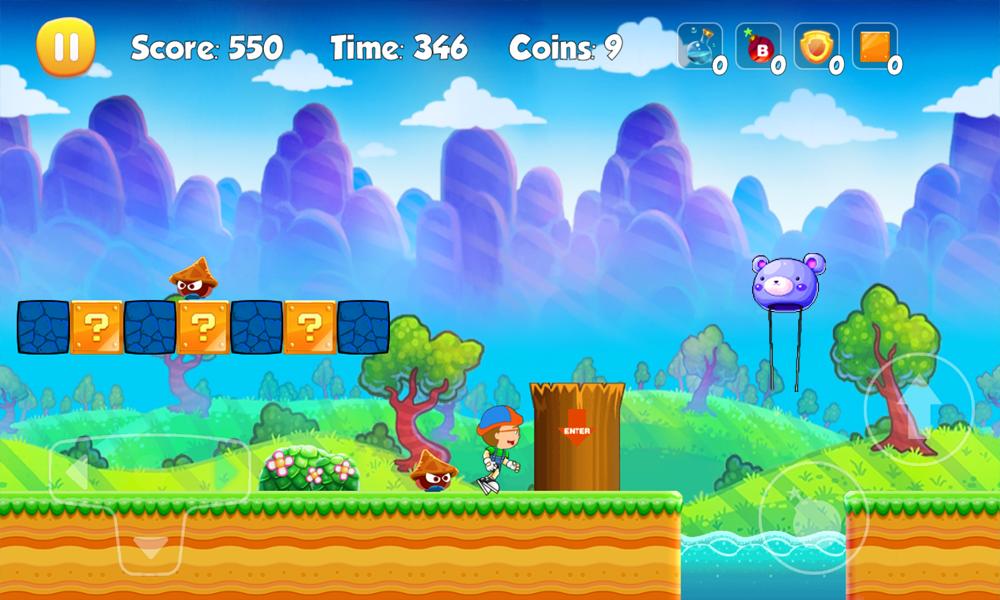Game development, creating titles that seamlessly run across multiple platforms, has become a critical goal for developers. This challenge has led to the emergence of various APIs specifically designed to streamline the multiplatform development process. These APIs enable developers to create games enjoyed on multiple devices, from mobile phones to gaming consoles and PCs.
Cross-platform graphics APIs
The most fundamental aspect of multiplatform game development is graphics rendering. In recent years, cross-platform graphics APIs like Vulkan and Metal have gained significant traction. These APIs provide low-level access to graphics hardware across different platforms, allowing developers to optimize performance and achieve consistent visual quality across devices.
Vulkan, in particular, has become famous for multiplatform development due to its support for various platforms, including Windows, Linux, Android, and some consoles. Its low-overhead design allows for better performance and more efficient use of system resources, which is crucial when developing platforms with varying hardware capabilities.
Game engine APIs
Unity and Unreal Engine offer comprehensive APIs that significantly enhance multiplatform development. These engines have a unified development environment and API Integration Services set that can target multiple platforms with minimal code changes. These are engines’ APIsrious functionalities, from rendering and physics to input handling and asset management.
Audio APIs
A crucial aspect of multiplatform game development is consistent audio experience across platforms. APIs like OpenAL (Open Audio Library) provide a cross-platform solution for handling 3D audio. These APIs allow developers to implement complex audio features, such as positional audio and environmental effects, that are stately across different device systems.
Networking APIs
Multiplayer functionality is often a key feature in modern games, and implementing it across multiple platforms can be challenging. Networking APIs designed for game development, such as Photon or Steam Networking, offer solutions across various platforms. These APIs handle complex networking tasks like matchmaking, real-time data synchronization, and managing peer-to-peer connections, allowing developers to focus on creating engaging multiplayer experiences dealing with low-level networking issues.
Input handling APIs
Different platforms have various input methods, from touch screens to gamepads and keyboard/mouse setups. APIs that provide a unified approach to input handling across platforms simplify the development process. Libraries like SDL (Simple DirectMedia Layer) offer cross-platform input APIs that abstract away the differences between input methods on various devices.
Cloud gaming APIs
As cloud gaming continues to gain traction, APIs specifically designed for this technology are becoming increasingly crucial for multiplatform development. These APIs, offered by services like Google Stadia or Amazon Luna, allow developers to create games streamed across multiple devices needing platform-specific optimizations.
Analytics and telemetry APIs
While not directly related to gameplay, analytics and telemetry APIs are crucial in understanding player behaviour across different platforms. Cross-platform analytics solutions like Unity Analytics or Google Analytics for Firebase provide developers with insights into games performed on various devices and data-driven decisions to improve the player experience across all platforms.
API integration services can provide:
- Expertise in selecting the most appropriate APIs for a project’s specific needs.
- Compatibility between different APIs.
- Optimizing performance across various platforms.
Monetization APIs
For many game developers, especially in the mobile space, implementing consistent monetization strategies across platforms is essential. APIs provided by companies like AdMob or ironSource offer cross-platform solutions for implementing ads, in-app purchases, and other monetization features in a way that works seamlessly across different app stores and platforms.





